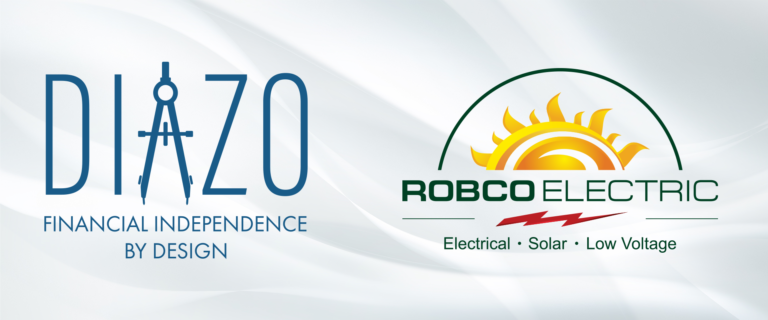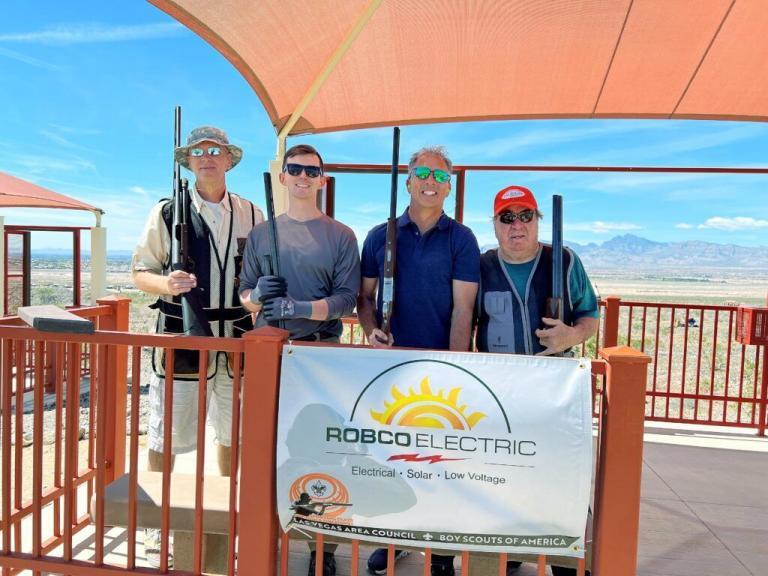It’s nearly Halloween and we’re feeling the spooky spirit, so this week, we’re taking on the Solar Scaries! Here are the top 3 most commonly cited disadvantages of solar power and a look at why you shouldn’t let these ghosts of solar doubts haunt you:
High Upfront Cost
It’s only natural to see the upfront cost to install a solar system and view it as one of the disadvantages of solar power, it’s a big investment! But it’s important to remember that last keyword: investment. The current payback period for a solar system in Nevada is between 9 and 10 years, and after that time you really cash in on those sunny savings. In the meantime, however, you’ll still see savings on your electric bill. A correctly optimized system could eliminate your need to purchase power from the grid, meaning you’ll only have to pay around $14 a month for the mandatory connection fees.
It’s also important to keep in mind that electricity is an ‘anyway’ expense: no matter what, you have to have it. So, as you’re looking at that upfront cost, don’t forget to look at the bigger picture and consider how much you’ll be paying to your utility provider during that same 9 to 10 year payback period. Also consider the upward trend of the cost of electricity from utility providers, going solar serves as a way to ‘lock in’ your rate and protects you from rising prices.
Finally, make sure your solar consultant takes the time to go over and thoroughly explain your financing options. The process can be daunting, and it’s not one-size-fits-all. A qualified consultant should be capable and willing to answer your questions and ensure that you make the right choice for your financial behavior. Do you prefer to pay off your loans as fast as possible? Or do you tend to go for the slow and steady approach with the lowest monthly payments? Either way, there should be a financing option that suits the behaviors you already have and meets your needs.
Intermittent Energy Source
The sun doesn’t shine at night, so how are you going to generate energy to power your home during that time? This seems to be one of the major disadvantages of solar power. Of course, it’s true that solar panels will not generate power at night. However, because your home is still tied to the grid even with a solar system installed, this will not result in a lack of electricity simply because there’s a lack sunshine.
With net metering and a properly optimized system, these hours of darkness still won’t cost you like they would without solar. Net metering allows you to have a connection to the grid that goes both ways. This means that at times when your system overproduces, generating more power than your home needs at that moment, the excess is sent to the grid. The energy you send back to the grid acts as a ‘credit’ on your bill. So, later that day when the sun is no longer shining and your system isn’t producing, you can draw back against that credit from the grid.
Check out this net metering page from NV Energy for a more in-depth look at what it means and the current rates.
Additionally, these credits carry over from month to month, just like rollover minutes from old cellphone plans! So, in a location like Las Vegas where 50% of energy needs occur during those three hottest summer months, you can count on the credits you built up over winter and the rest of the year to counteract what would otherwise be a brutally expensive electric bill.
Added Obstacle If You Sell Your Home
It’s undeniable that a certain stigma surrounds having solar installed on a home you plan to sell. However, it’s important to understand where it stemmed from and what the reality of the current situation is.
When choosing to install solar, there are two primary options: buy your system or lease it. While leasing a system seems like a great way for homeowners to get the benefits of going solar without having the out of pocket cost, this option has several key cons that make it the sub optimal choice for the majority of people and have led it to become one of the main cited disadvantages of solar power.
With a leased system, not only do you miss out on the current tax credit that is given to owners of solar systems, your system becomes a liability should you choose to sell your home. As with any other lease, a leased solar system is a contractual arrangement for a set period of time during which payments must be made by the lessee to the lessor. So, in the situation that you want to sell your home, any potential buyer must also agree to accepting the liability of continuing to pay the lease.
However, when you own your system, it adds value to your home. The new homeowner will receive all of the sunny savings and be able to utilize the net metering agreement attached to your home, without having to take over a lease for the system. As the residential solar industry continues to grow, appraisers continue to get better at assigning appropriate value to homes with solar systems and ensure that you’re maximizing the significant asset on your roof.
When you do find yourself preparing to sell your home, reach out to your installation company for a recommendation about who to use to properly appraise your system. For a full breakdown of the pros and cons of buying vs leasing, check out this article.
So, those are the top 3 disadvantages of solar power.
Hopefully, we were able to conquer some of your fears today by walking through the graveyard of the most commonly claimed disadvantages of solar power. If you’re still feeling the Solar Scaries, don’t be afraid to reach out! As solar advocates, there’s nothing we love more than answering any and all questions to help you be the most educated you can be on your solar journey.



